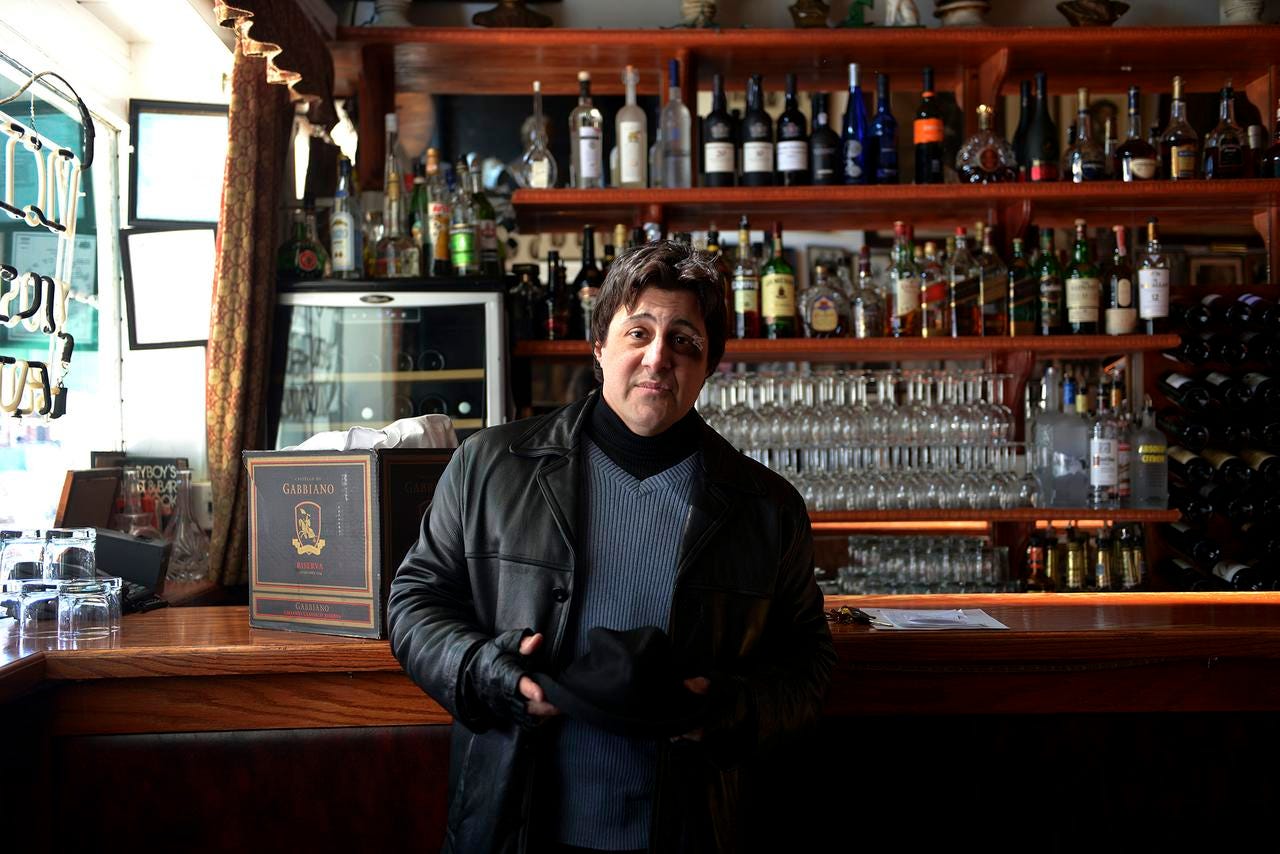I Am Rocky Balboa
How a boy named Mike Kunda grew up to become the ultimate Italian Stallion.
February 4, 1979 was a day that fundamentally changed Mike Kunda.
CBS aired “Rocky,” marking the Oscar-winning film’s television premiere just weeks before the sequel hit theaters. Kunda, then eleven, huddled around a TV set in his family’s Scranton, Pa., home and watched as rough-and-tumble Philadelphia boxer Rocky Balboa trained for his title shot against heavily favored champ Apollo Creed.
The scene that struck home with Kunda wasn’t when gruff manager Mickey chides, “You’re gonna eat lightnin’ and you’re gonna crap thunder,” or when Rocky tinkers with unconventional training tactics like chugging egg yolks and punching frozen slabs of beef in a meat locker. It was when Rocky, who works as a debt collector for a sleazy loan shark, refuses to carry out an order from his boss to break a delinquent customer’s thumbs. His boss, Gazzo, scolds him, and the boss’s bodyguard taunts Rocky, calling him a “meatbag.” Deflated, Rocky yells after them, “I shoulda broke your …
Keep reading with a 7-day free trial
Subscribe to Narratively to keep reading this post and get 7 days of free access to the full post archives.





